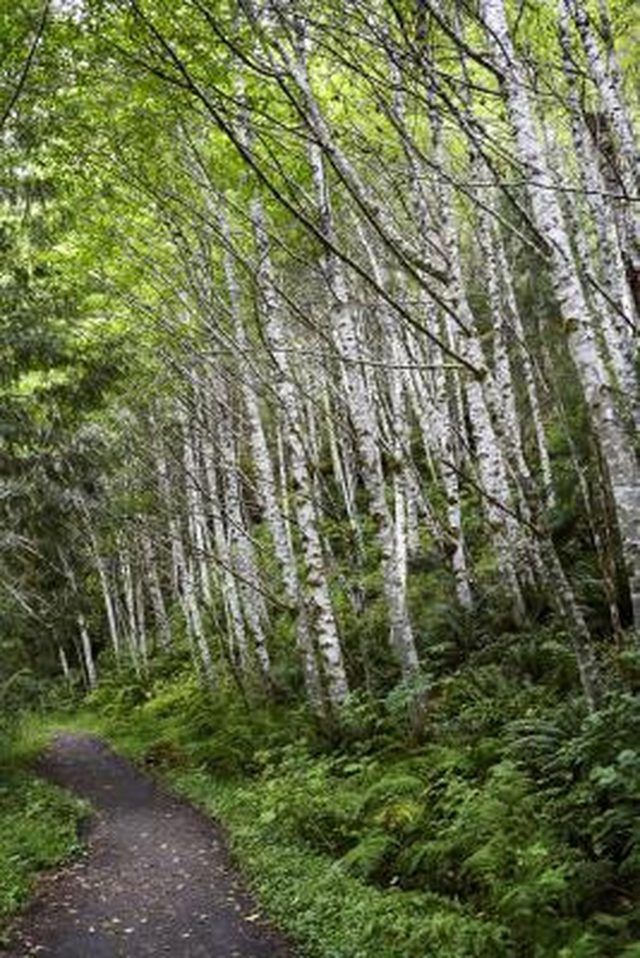Bulbs
Flower Basics
Flower Beds & Specialty Gardens
Flower Garden
Garden Furniture
Garden Gnomes
Garden Seeds
Garden Sheds
Garden Statues
Garden Tools & Supplies
Gardening Basics
Green & Organic
Groundcovers & Vines
Growing Annuals
Growing Basil
Growing Beans
Growing Berries
Growing Blueberries
Growing Cactus
Growing Corn
Growing Cotton
Growing Edibles
Growing Flowers
Growing Garlic
Growing Grapes
Growing Grass
Growing Herbs
Growing Jasmine
Growing Mint
Growing Mushrooms
Orchids
Growing Peanuts
Growing Perennials
Growing Plants
Growing Rosemary
Growing Roses
Growing Strawberries
Growing Sunflowers
Growing Thyme
Growing Tomatoes
Growing Tulips
Growing Vegetables
Herb Basics
Herb Garden
Indoor Growing
Landscaping Basics
Landscaping Patios
Landscaping Plants
Landscaping Shrubs
Landscaping Trees
Landscaping Walks & Pathways
Lawn Basics
Lawn Maintenance
Lawn Mowers
Lawn Ornaments
Lawn Planting
Lawn Tools
Outdoor Growing
Overall Landscape Planning
Pests, Weeds & Problems
Plant Basics
Rock Garden
Rose Garden
Shrubs
Soil
Specialty Gardens
Trees
Vegetable Garden
Yard Maintenance
Caterpillars & Birch Trees
Caterpillars & Birch Trees. Several caterpillars use birch trees as sources of food during their larvae stage. The caterpillars eat the leaves of the trees while they grow big enough to go into their pupate stage before emerging as moths.

Several caterpillars use birch trees as sources of food during their larvae stage. The caterpillars eat the leaves of the trees while they grow big enough to go into their pupate stage before emerging as moths.
Types
The birch leaf roller, Epinofia solandriana L, is a small caterpillar commonly found in south-central Alaska. The insect gets its name thanks to the older caterpillars that start to roll the leaves as they feed on them. Forest tent caterpillars may also feed on birch trees while building nests to live in while they eat and grow bigger.
Damage
While leaf rollers cause little long-term damage to birch trees, the tree can become unsightly. Forest tent caterpillars also cause little permanent damage, but they can cause the tree to produce smaller leaves to replace the ones the caterpillars ate. Tree growth rates can decrease because of the defoliation, causing the trees to become more susceptible to other pests.
Control
Natural predators, including the parasitic fleshfly, help control the insects by eating forest tent caterpillars in their cocoons. Insecticides may be required if birch leaf rollers infest a tree for more than two years in a row.